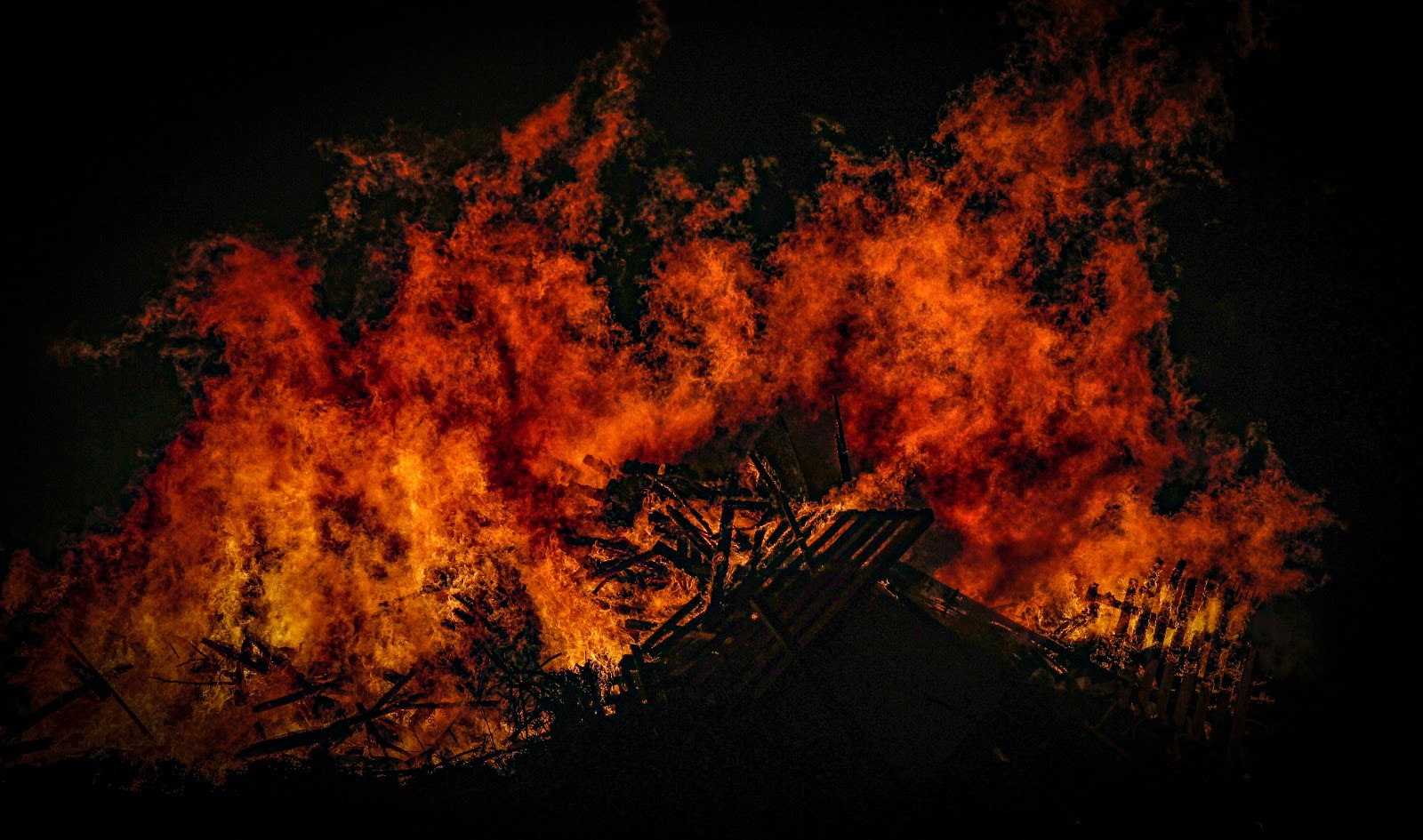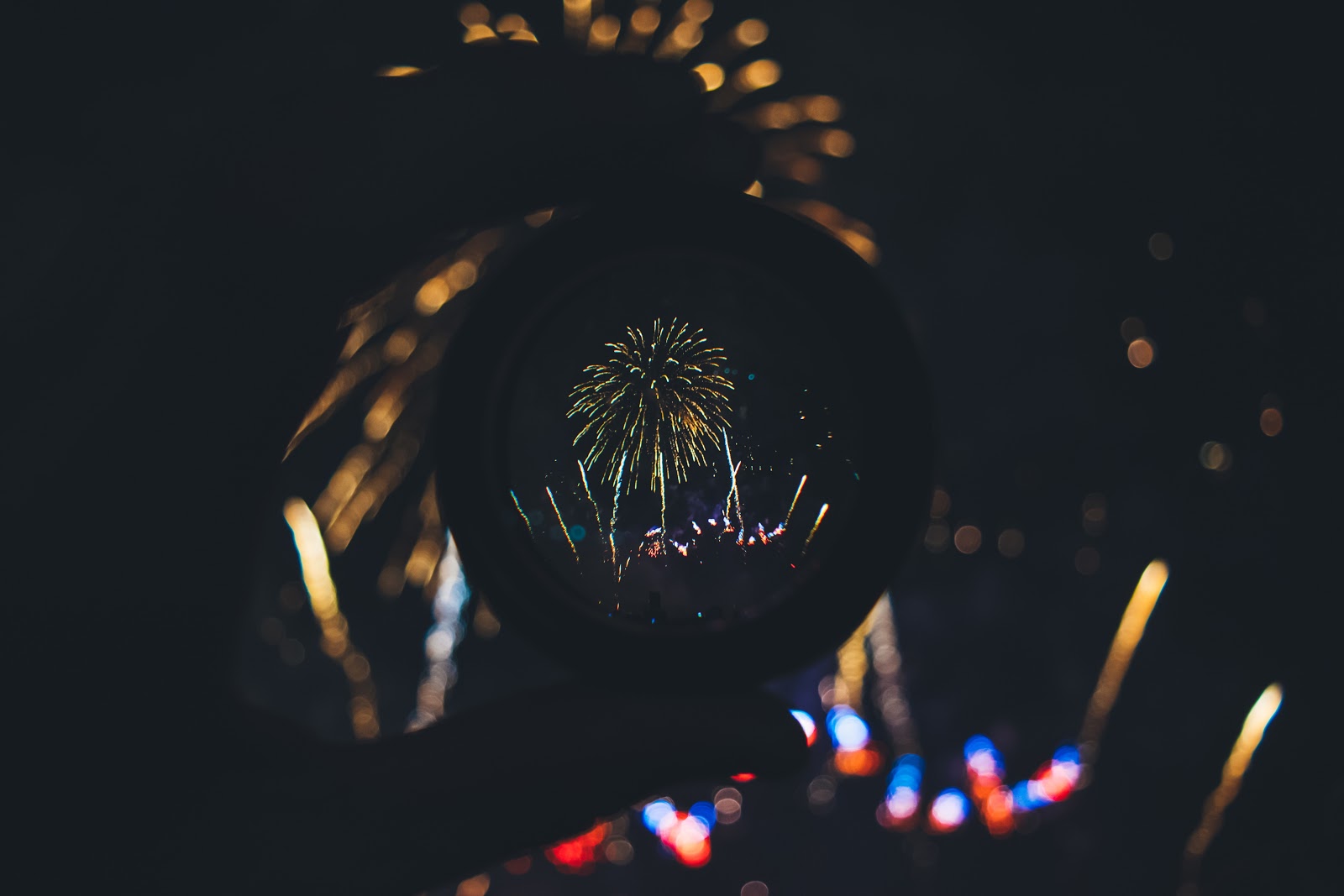
Many people wait all year for the great celebration that is bonfire night. It is recognised and loved by many people in the UK, and interestingly, 5 other countries around the world:
- New Zealand
- Canada
- South Africa
- Saint Vincent and the Grenadines
- Saint Kitts and Nevis
This, of course, means that thousands of people partake in the fun and games of this memorable night, but it still begs the question; why do we celebrate fireworks night?
This celebration actually stems from a historical background and particularly from a man known as ‘Guy Fawkes’. Guy Fawkes and a host of other English Catholic men plotted to blow up the houses of parliament to assassinate Protestant King James I. Although he was not the main conspirator in the plot, a man called Robert Catesby was, Fawkes is the man that is remembered on what we call Bonfire Night, but can also be referred to as Guy Fawkes night. The men planned to plant 36 barrels of gun powder under the Houses of Parliament, in an attempt to murder the King and make England Catholic again. However, one of the plotters sent a letter to one of his friends in Parliament, warning him of the plot, and the King got hold of the letter, which alerted him to the plan. This meant that the men were caught, arrested and executed for their crime.

Why do we have fireworks?
So, we have covered why fireworks night exists, but why do we have fireworks? This started with a tradition that is still hugely active around fireworks night now; bonfires. When the plot, which happened in 1605, was foiled, people in the towns and cities lit bonfires to celebrate the fact that the King had survived the attempted assassination. Bonfires can often be seen with a dummy of Guy Fawkes on top of them. This is a tradition that began over 500 years ago and one that we still see every bonfire night. Some people choose to have small, controlled bonfires in their garden with friends and family. Many people go to organised events in towns and cities to see larger bonfires and bigger displays. Whichever you choose to do when bonfire night comes around, make sure you enjoy yourself and you are careful, as fire can be unpredictable and dangerous. The use of bonfires eventually evolved into people setting off fireworks, as the two go hand in hand and fireworks are now the staple of the 5th of November.

Interesting facts about bonfire night...
So now that you understand the history behind bonfire night, we can give you some interesting facts to share with your friends and family!
- During the WW1 and WW2, there was an act of parliament against setting off fireworks as it put people at risk of giving away their location to the enemy. Fortunately, this is no longer a law, or we wouldn’t be here today!
- The first recorded fireworks display was in 1486 when Henry VII married Elizabeth of York, a marriage that ended a war between the Yorks and Lancasters.
- Fireworks were actually discovered a long time before this, however. It is believed that they were discovered accidentally in China. This happened when gun powder was put into bamboo sticks, and an explosion happened. This is where the concept of fireworks came from. You can find out a lot more about this on our post - Who invented fireworks(link)
- The biggest explosion was said to a firework that was crafted in Konosu in Japan in 2014 - it set a new record for using the world's heaviest firework - which was a massive 460kg. This, of course, couldn’t be set off in your garden, but we have some pretty big fireworks that can.
- Once upon a time, up until 1959, it was actually illegal to not celebrate bonfire night. So like it or not you would have had to partake in the celebrations.
Here at Fireworks Kingdom, we love fireworks night and want you to celebrate and have the best time you can. We can help you have the best celebrations and impress all of your friends and families with our huge fireworks! Whether you want a ready-made fireworks pack, to take home and start the party straight away, or you want to build your own fireworks display, we have it all here at Fireworks Kingdom.



